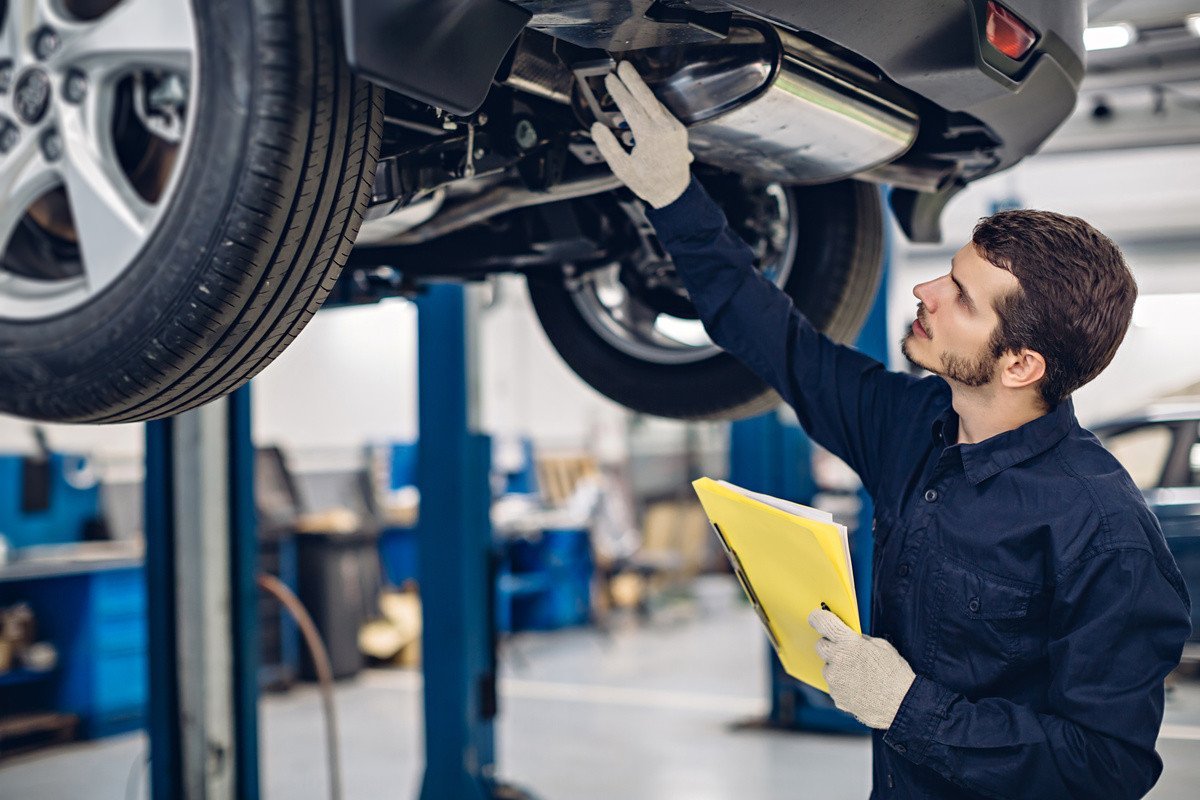As more and more people begin to work from home, many of us are making fewer journeys. For a large group of people, their regular daily commute now may be made only a few times a week, or may not be being made at all. If your journey to work now consists of your kitchen to your home office, how should you keep your car in optimal condition while you’re not using it?
The top tips for keeping your vehicle in optimum condition
Here are some key tips you should think about when leaving your car unused for a while.
1. Store it somewhere sheltered, if possible
If you’re not going to be using your vehicle very much, you should store it somewhere as safe as possible. For many, there is no option but to keep their car on the side of the road, however, if you have access to a driveway, carport, or even better, a garage, you should store it there. This will help to keep your car out of the worst of the elements, help keep it protected from potential damage, and it could even help minimise the risk of its rubber perishing due to heat exposure. So, think about where you’re going to be parking if you have options.
2. Get your car properly serviced on time
One of the best things you can do to keep your vehicle working reliably is to get it serviced. When your vehicle is serviced, the oil and certain filters (such as the oil and air filters) will be replaced. These things are the lifeblood of your engine, and keeping them in fresh condition is essential for keeping it reliable. Also, changing the spark plugs will help ensure it starts more reliably when you do come to drive it somewhere. So, make sure you book your vehicle in for a service before parking it up.
3. Make sure the battery is fairly new
Your vehicle’s battery needs to be replaced every now and then in order to keep the vehicle reliable. A dead battery means the car isn’t going to start. A battery can have a lifespan of anything from three to ten years, depending on the manufacturer. Check when your battery was last replaced. If you’re going to be leaving your vehicle sitting, a fresh battery will help make it easier to start on the button when you do come to use it. If you can’t find any information about the last time it was replaced, replace it for your peace of mind.
4. Consider investing in battery conditioner
A battery conditioner, otherwise known as a trickle charger, is a device that attaches to your vehicle’s battery and monitors the power. When it senses your battery losing power, it discharges to top the battery back up. There are many different types available and some are connected to external power sources while some are designed to use solar power to provide the charge. It’s worth doing some research and finding the right type for your needs and where you can keep the vehicle while it’s not in use. This will help if you’re leaving the car unused for long periods.
5. Keep driving it semi-regularly, if you can
A short journey out will help keep your vehicle in good condition. If you have a petrol car, you won’t need to drive it far to get it up to temperature and get the fluids circulating. If you have a diesel car, you will have to drive it a little further. A journey once or twice a week is all it takes to keep your vehicle in good working order. If you’re leaving your vehicle parked up longer, resist the urge to start the engine and then just turn it back off without driving anywhere; this can lead to condensation building up in the engine which can cause damage.
6. Keeping the DPF from getting clogged
If you have a diesel vehicle made after roughly 2009 or so, it’ll almost certainly have a DPF (Diesel Particulate Filter). This is a filter designed to trap the harmful elements of the exhaust gasses, which are burned off instead of leaving through the exhaust. If you only do local journeys, however, the engine doesn’t get hot enough to burn and the DPF clogs, which can lead to engine damage. An hour’s drive at higher revs doing motorway speeds will clear it naturally, or you can invest in specialist chemicals designed to make the soot burn quicker.
Preventative maintenance has a huge effect
As you’ll see, it’s relatively easy to keep your vehicle reliable, even when you’re not using it very much. Whether you’re just driving a couple of times a week now, or you’re thinking about storing your car properly for a longer period, it’s important to just keep on top of the little jobs required to keep it working as it should. If you do that, you can be sure it’ll start readily when you come to need it.
Keeping your vehicle well serviced and in good condition is the simplest and easiest way to make sure it remains reliable, even when you don’t need to drive it as much as you once did. If you’re unsure about anything, or you’d like a second opinion as to what your vehicle might need in order to keep it reliable while not using it, be sure to contact a team of expert mechanics for help.

